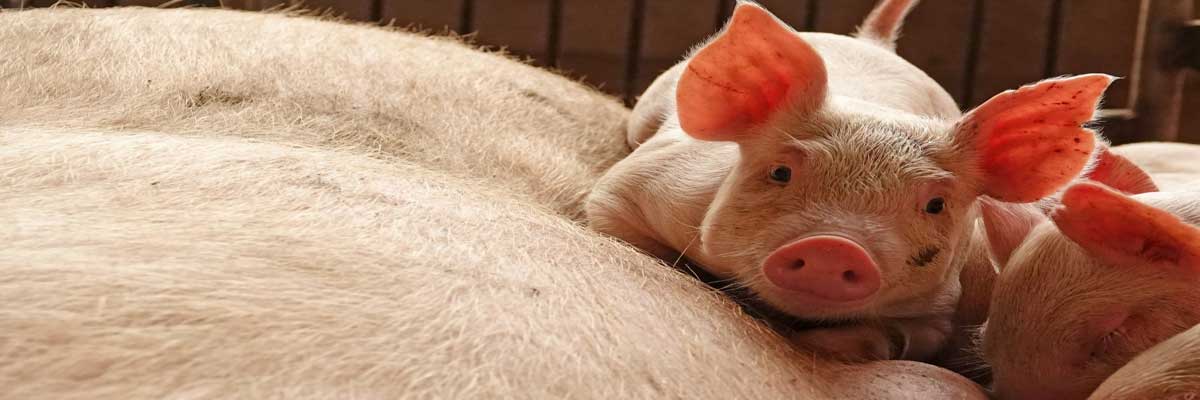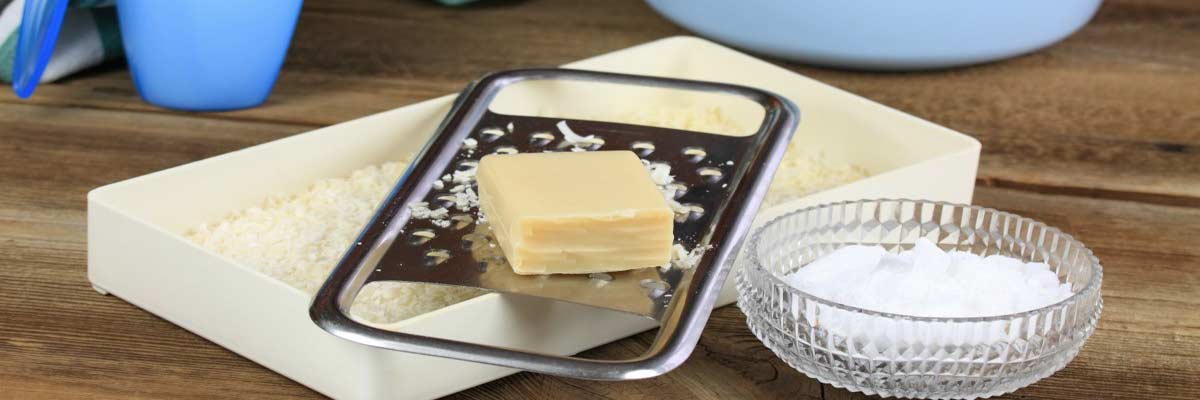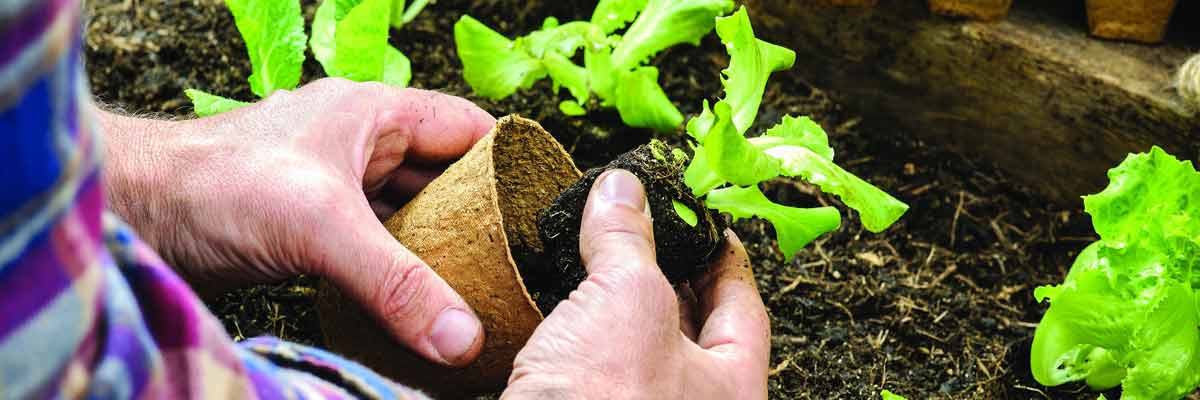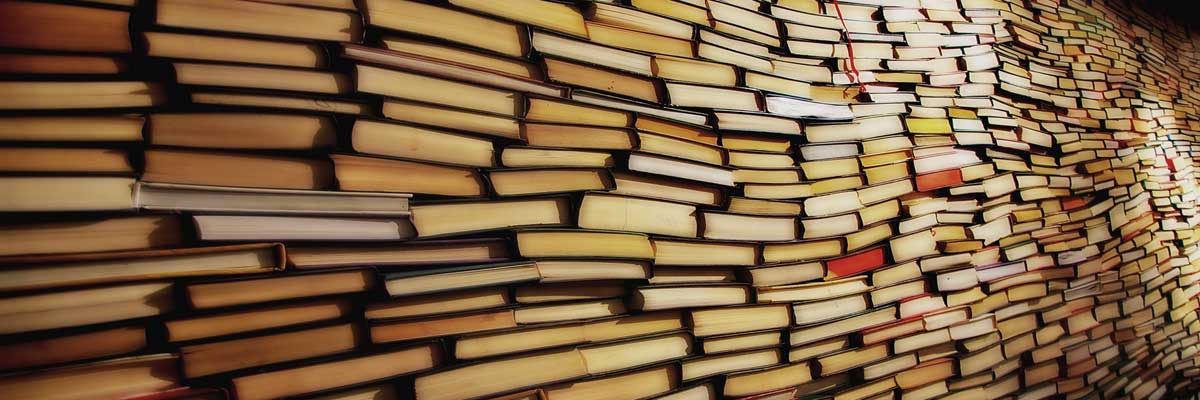Blog Action Day: The Pig Farmer
One of the stories that should circulate the “green” blogosphere, and be posted on everyone’s site. I usually skim longer posts, but when I realized the heart and depth of the writing, I took the time to slow down and read a truly wonderful and heart-wrenching story.
From Celais, by John Robbins:
One day in Iowa I met a particular gentleman—and I use that term, gentleman, frankly, only because I am trying to be polite, for that is certainly not how I saw him at the time. He owned and ran what he called a “pork production facility.” I, on the other hand, would have called it a pig Auschwitz.
The conditions were brutal. The pigs were confined in cages that were barely larger than their own bodies, with the cages stacked on top of each other in tiers, three high. The sides and the bottoms of the cages were steel slats, so that excrement from the animals in the upper and middle tiers dropped through the slats on to the animals below.
Read More
UPDATED: Making Homemade Laundry Soap
Last night after cooking supper I decided to cook up a batch of laundry soap. A friend had sent me the recipe for homemade laundry soap a while back and I’ve been anxious to try it since. I followed the recipe shown here (if you check the comments there is even one for a dry laundry soap.)
 First things first, I got some water boiling and started to carve up the bar of soap. We used Caress, which I don’t recommend, the smell was overpowering. And it reminded me of my grandmother too much. If you purchased a bar of eco friendly soap you’d be in even better shape. Or a local bar of soap would be good too.
First things first, I got some water boiling and started to carve up the bar of soap. We used Caress, which I don’t recommend, the smell was overpowering. And it reminded me of my grandmother too much. If you purchased a bar of eco friendly soap you’d be in even better shape. Or a local bar of soap would be good too.
300 Organic Gardening Tips
If you are just getting started with organic gardening perhaps you should look over these tips to help you get started.
Some of my favorites include:
Mulch your flower beds and trees with 3″ of organic material – it conserves water, adds humus and nutrients, and discourages weeds. It gives your beds a nice, finished appearance. (mulching is sooo important)
Think “biodiversity”. Using many different kinds of plants encourage many different kinds of beneficial insects to take up residence in your yard.
To deter deer from grazing in your landscape, try placing strongly scented bar soap, or human hair, around your plants. The hair can be “recycled” from a salon or barber shop. (this doesn’t work for Iowa deer, but maybe others)
Eco-Libris: Offset Your Book With A Tree
Offsets are all the rage currently, but trying to figure out exactly where your cash is going can be a difficult exercise. Something I consistently stress is that offsets should be a last-resort solution — with tangible green acts coming first that show immediate benefits. With the launch of Eco-Libris, however, I’m excited to see a direct relationship between the act of offsetting and the planting of trees in developed countries. Additionally, the site has teamed up with some incredible reputable organizations like Sustainable Harvest International, RIPPLE Africa, The Alliance for International Reforestation.
How does it work? From the site,
“About 20 Million trees are cut down annually for virgin paper used for the production of books sold in the U.S. alone. That’s definitely a problem – trees are one of the most valuable natural resources we have. They literally form the foundations of many natural systems and provide us with numerous benefits (carbon dioxide absorption, soil and water conservation, avalanche control, desertification prevention to name a few).









